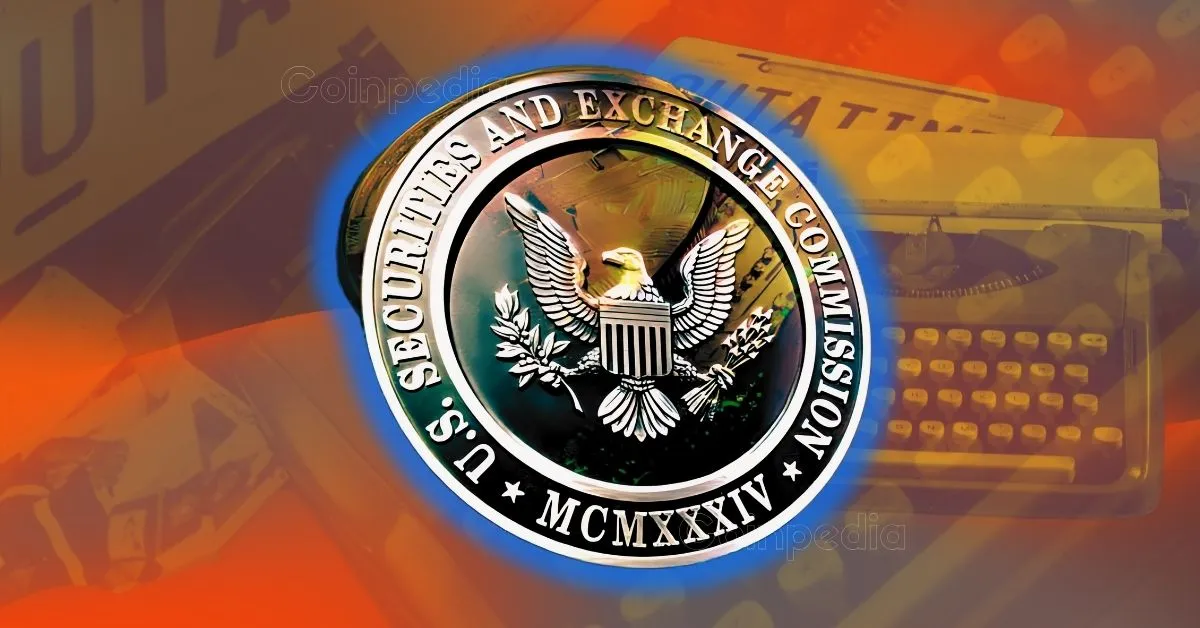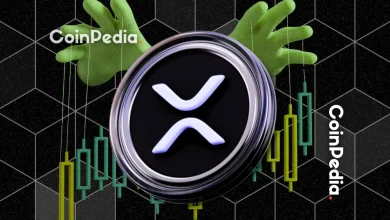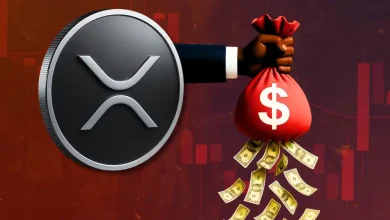
SEC's crypto roundtable explores unified licensing, ETF impact, and bridging DeFi with traditional finance frameworks.
Industry leaders urge clearer rules, temporary exemptions, and collaboration to align blockchain innovation with investor protection.
The second roundtable hosted by the SEC’s Crypto Task Force was held in Washington, with the purpose of addressing how the existing regulatory framework can better facilitate crypto asset trading in the United States.
Mark Uyeda opens the event
Acting Chairman Mark Uyeda presided over the session, joined by Commissioners Hester Peirce and Caroline Crenshaw. The conference was called “Between a Block and a Hard Place” and brought together the most important players from both the traditional and crypto finance world to achieve practical solutions for making blockchain technology a part of the current markets.
Nicholas Losurdo serves as moderator
The panel members were representative of a broad spectrum of institutions. Nicholas Losurdo, a partner at Goodwin Procter LLP, was the roundtable moderator. Gregory Tusar, Coinbase’s Vice President of Institutional Product, provided perspective from one of the largest US crypto exchanges.
Tyler Gellasch emphasizes crypto broker registration
Tyler Gellasch, President and CEO of Healthy Markets Association, made a strong point about crypto brokers registering with regulators so that there is transparency and improved oversight of the markets. He also made the point that brokers should know whom they are dealing with, instead of just encrypted information.
Jon Herrick, New York Stock Exchange Chief Product Officer, discussed the effect of ETF approvals, indicating that they have simplified investor entry into digital assets through known and regulated pathways. He further noted that ETFs potentially enable traditional financial institutions to utilize digital assets in new ways, most notably as collateral.
Dave Lauer supports transparency and fair markets
Richard Johnson, founder and CEO of Texture Capital, and Dave Lauer, co-founder of Urvin Finance and We the Investors, both commented on how markets might evolve to facilitate tokenized assets.
Katherine Minarik gives a DeFi legal view
Chief Legal Officer of Uniswap Labs, Katherine Minari,k represented the DeFi industry and the ways decentralized platforms are structured differently than traditional exchanges. Christine Parlour, Finance and Accounting Chair at UC Berkeley, offered academic perspectives on structural changes required to enable regulation to be more effective.
Chelsea Pizzola, Associate General Counsel at Cumberland DRW, and Austin Reid, FalconX Global Head of Revenue and Business, added their legal and institutional trading industry perspectives in the crypto sector.
Hester Peirce reflects on learnings from the first roundtable
Hester Peirce, a Commissioner of the SEC, said that she found the initial roundtable useful in informing her opinion on when crypto assets would be subject to securities laws. She hoped this roundtable would be as fruitful, pointing to the diversity of participants, from national securities exchanges and alternative trading systems to crypto-native companies.
Richard Gabbert, the head of the Crypto Task Force, was supposed to emphasize the importance of investor-centric regulation. The conversation pointed out that existing federal regulations were not written with blockchain and decentralized finance in mind, resulting in mismatches between how crypto markets operate and how they are regulated.
The roundtable also discussed the age-old problem of state-by-state licensing under which crypto exchanges such as Coinbase have to get licensed in all 50 states. Many in the industry are advocating for one SEC license with which they can operate nationwide, which would ease compliance and make operating less cumbersome.
Panelists explained how current rules, such as the order protection rule or prohibitions on listing unregistered securities, cause issues when attempting to bring tokenized securities into traditional markets.
- Also Read :
- SEC Considers “Sandbox” Rule for Tokenized Securities
- ,
They also recognized that crypto platforms tend to be different, having custody, clearing, and execution all on the same platform, as opposed to the distinct systems in traditional finance.
Despite these difficulties, there was a general optimism about the potential of blockchain to transform the way markets operate. From 24/7 trading through smart contracts to enhancing collateral management and settlement of transactions, the roundtable demonstrated that most industry leaders view blockchain as a means to make financial systems more efficient.
The SEC is weighing whether to grant temporary exemptions to spur innovation while longer-term rules are being formulated.
In total, the roundtable emphasized that regulators and market participants must work together to develop a framework that benefits both innovation and investor protection.
Never Miss a Beat in the Crypto World!
Stay ahead with breaking news, expert analysis, and real-time updates on the latest trends in Bitcoin, altcoins, DeFi, NFTs, and more.







